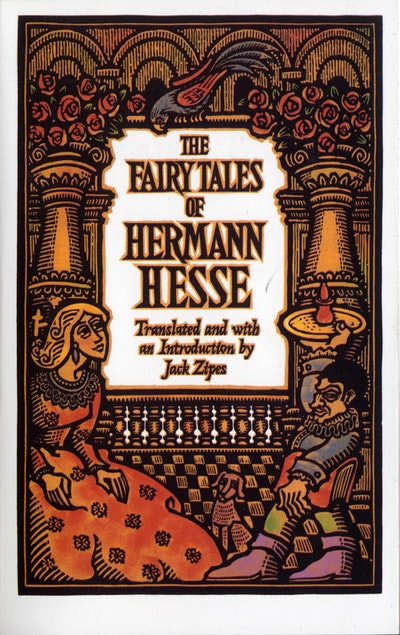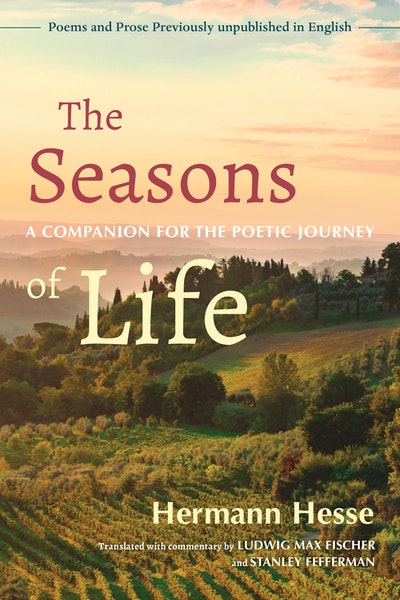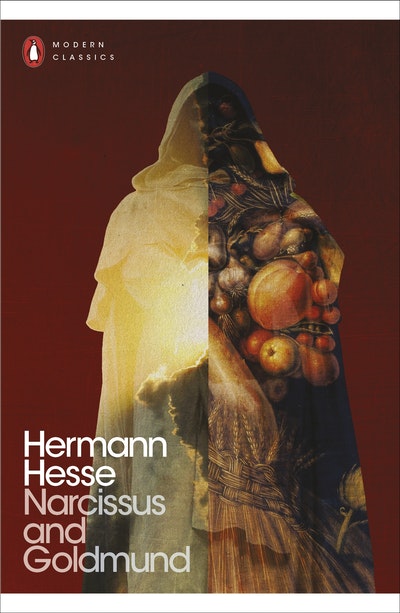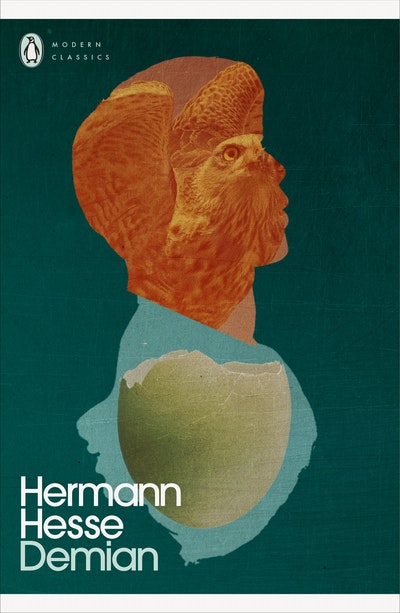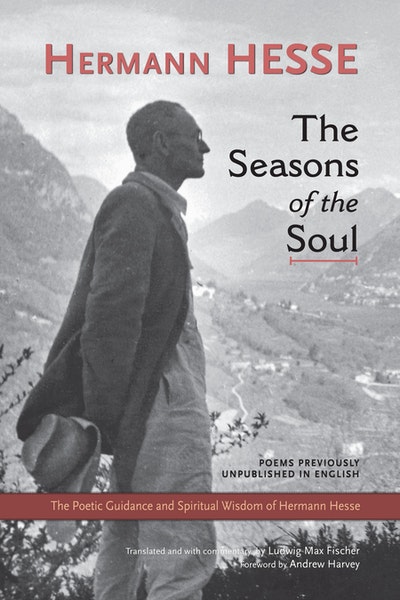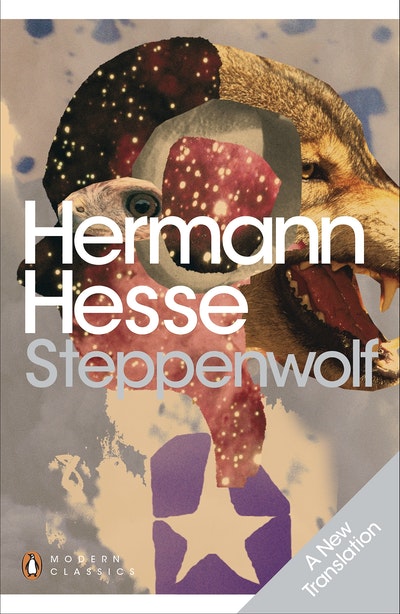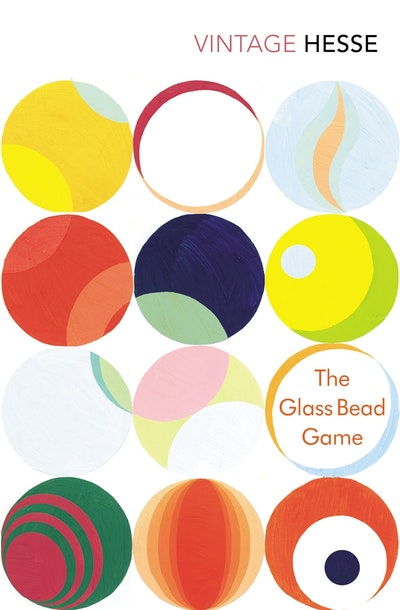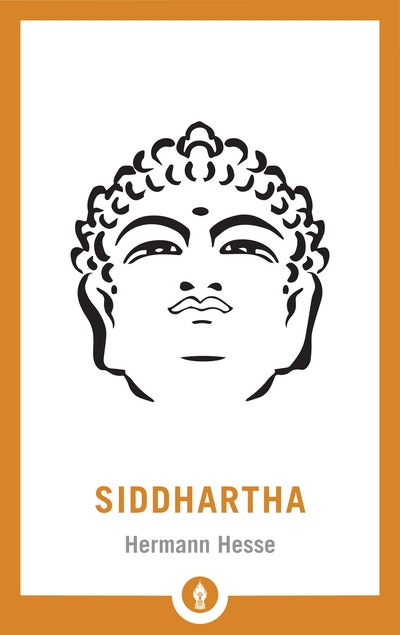Hermann Hesse was born in Calw, Württemberg, in 1877. He intended to follow in his father's footsteps as a Protestant pastor and missionary, but rebelled against traditional academic education and instead worked for a while as a bookseller, antique dealer and mechanic. After his first novel Peter Camenzind was published in 1904, he devoted himself to writing. In 1919, as a protest against German militarism in the First World War, Hesse moved back to Switzerland where he lived in self-imposed exile until his death at the age of eighty-five in 1962.
Hesse was strongly influenced by his interest in music, the psychoanalytic theories of Jung and Eastern thought. His early novels were traditional, but with the publication in 1919 of Demian, a Freudian study of adolescence with Nietzschean emphasis on the superior individual, he became an 'uninhibited innovator.' Each of his later novels, including Steppenwolf, Siddhartha and Narcissus and Goldmund, was a step in Hesse's determined search for the self. The Glass Bead Game (Das Glasperlenspiel [Magister Ludi]) was his last and consummate work.
